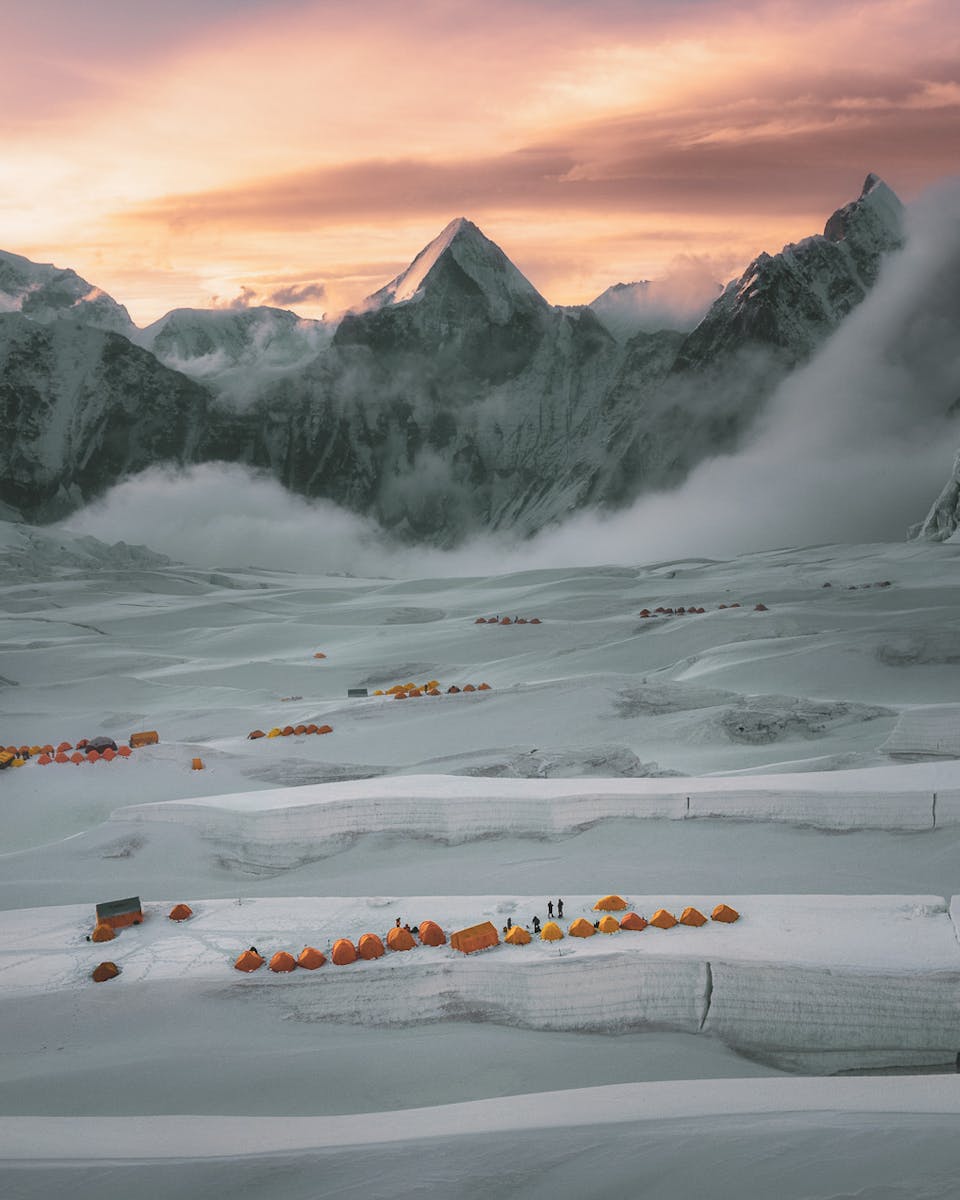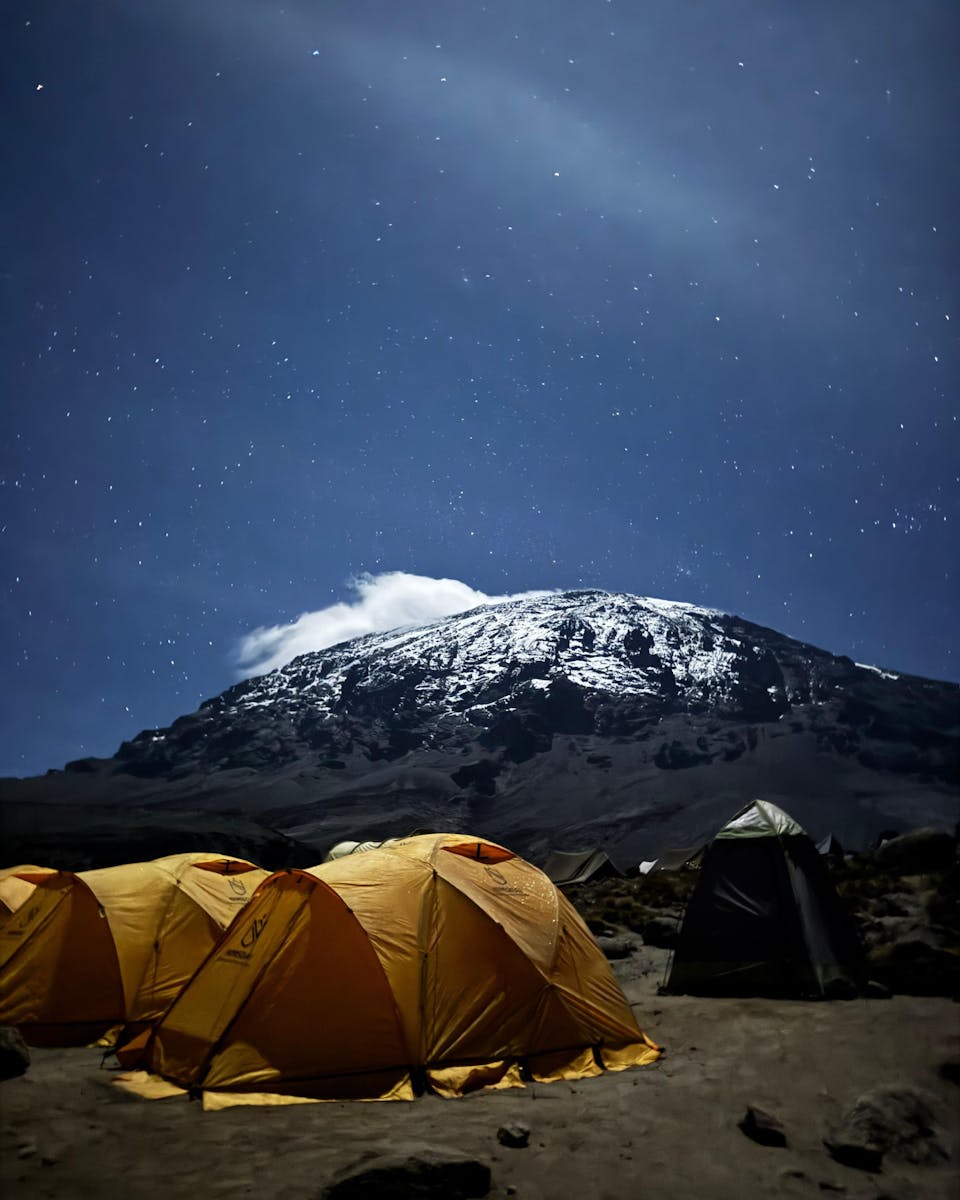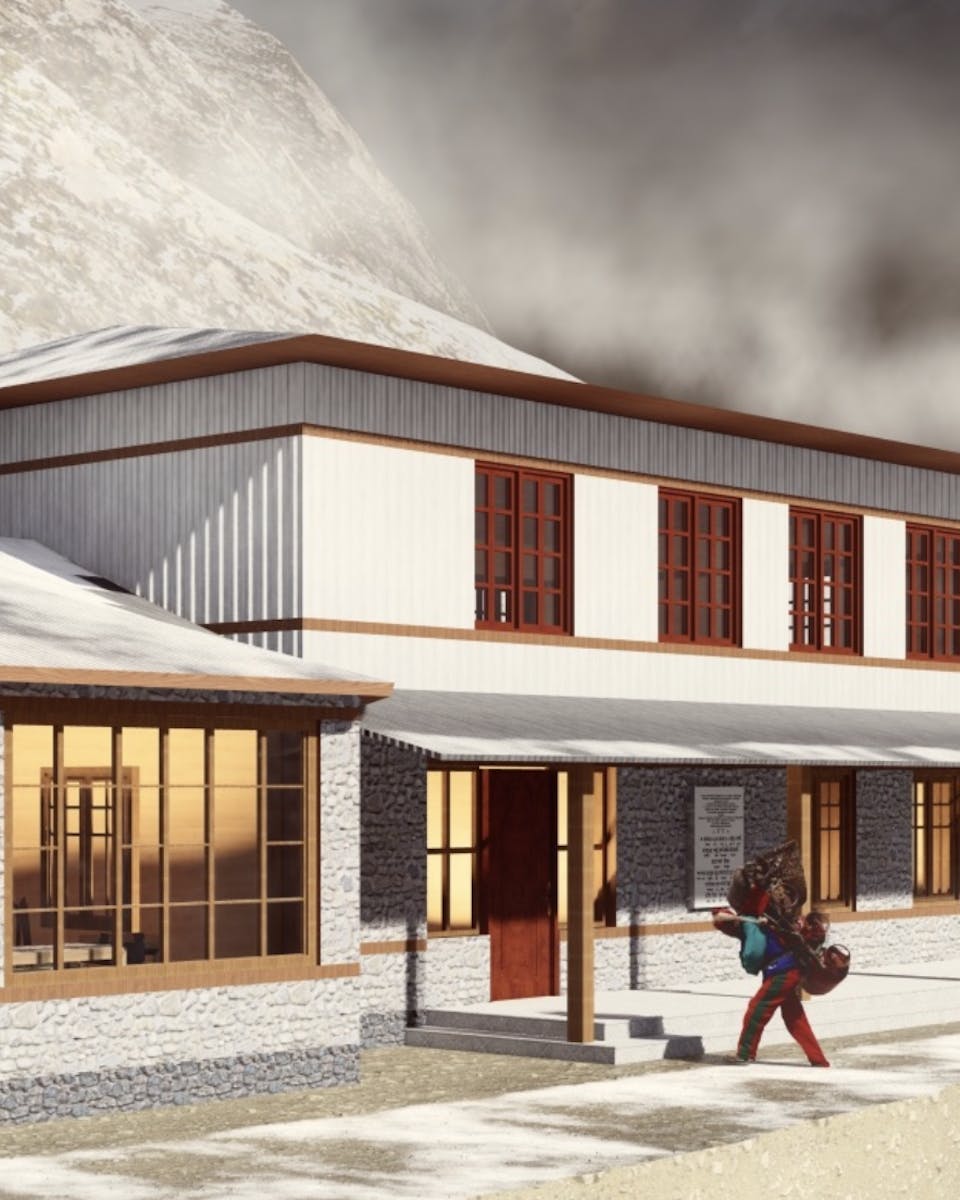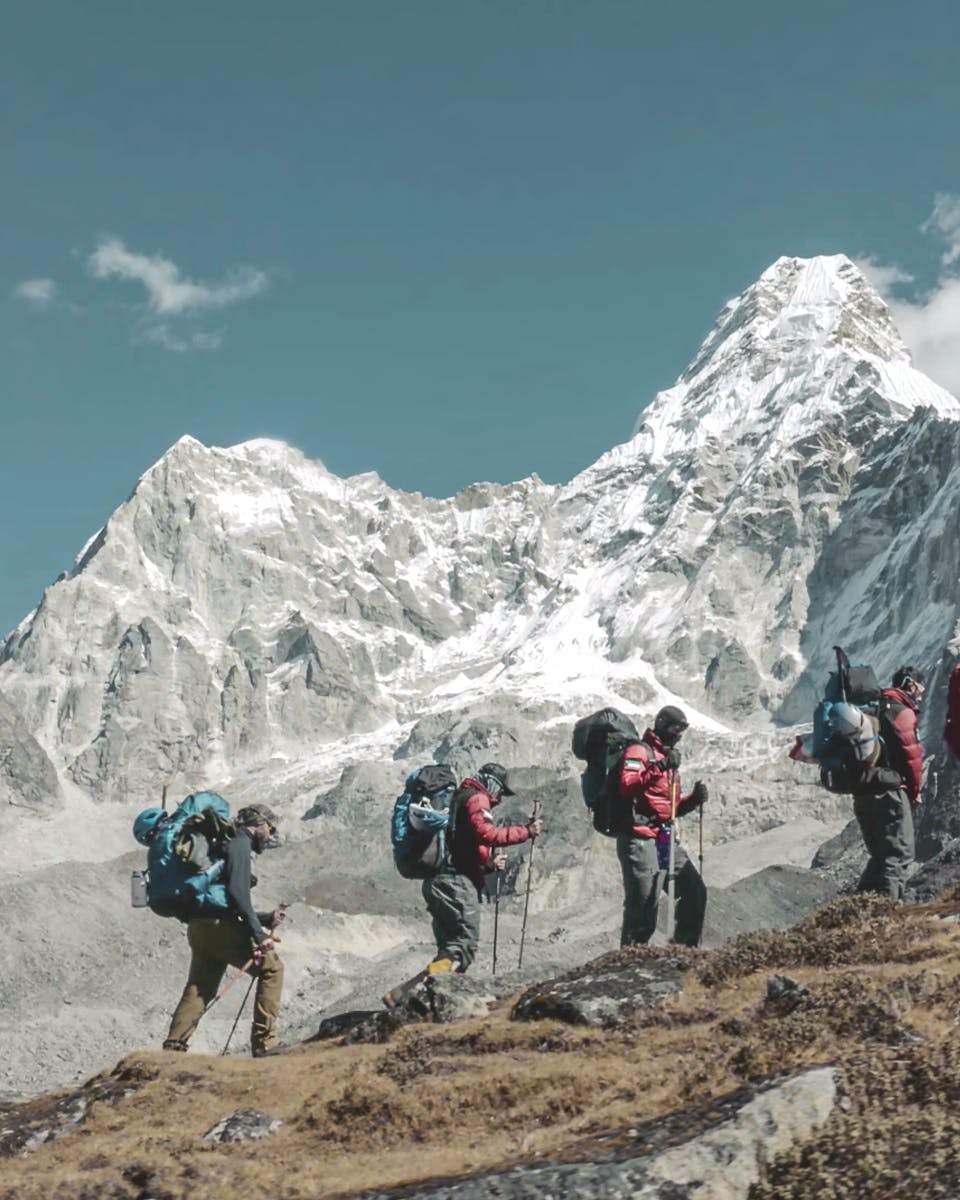Scientific research shows that warming occurs more rapidly at higher altitudes, putting these fragile ecosystems and the communities that depend on them under increasing pressure.
From rapidly shifting weather patterns to the degradation of permafrost and the retreat of snowlines, the changes occurring in mountain environments are profound and accelerating.
These transformations disrupt local water cycles, increase the risk of landslides, floods, and wildfires, and threaten the biodiversity uniquely adapted to high-altitude life.
But the consequences of climate change in mountain regions are not confined to the peaks. Mountains serve as vital sources of freshwater for billions of people, and their disruption affects river systems, agriculture, and weather patterns far beyond their slopes.
That’s why we support and advocate for sustainable, community-led solutions—ranging from clean energy access and responsible tourism to environmental stewardship practices like “leave no trace” and “clean as you go.”
The climate crisis demands collective action, and mountain regions, while vulnerable, can also be powerful centers of resilience and innovation. We must act now, together, to protect these essential landscapes and the people who call them home.
The Earth is our home; there is no Plan B.











